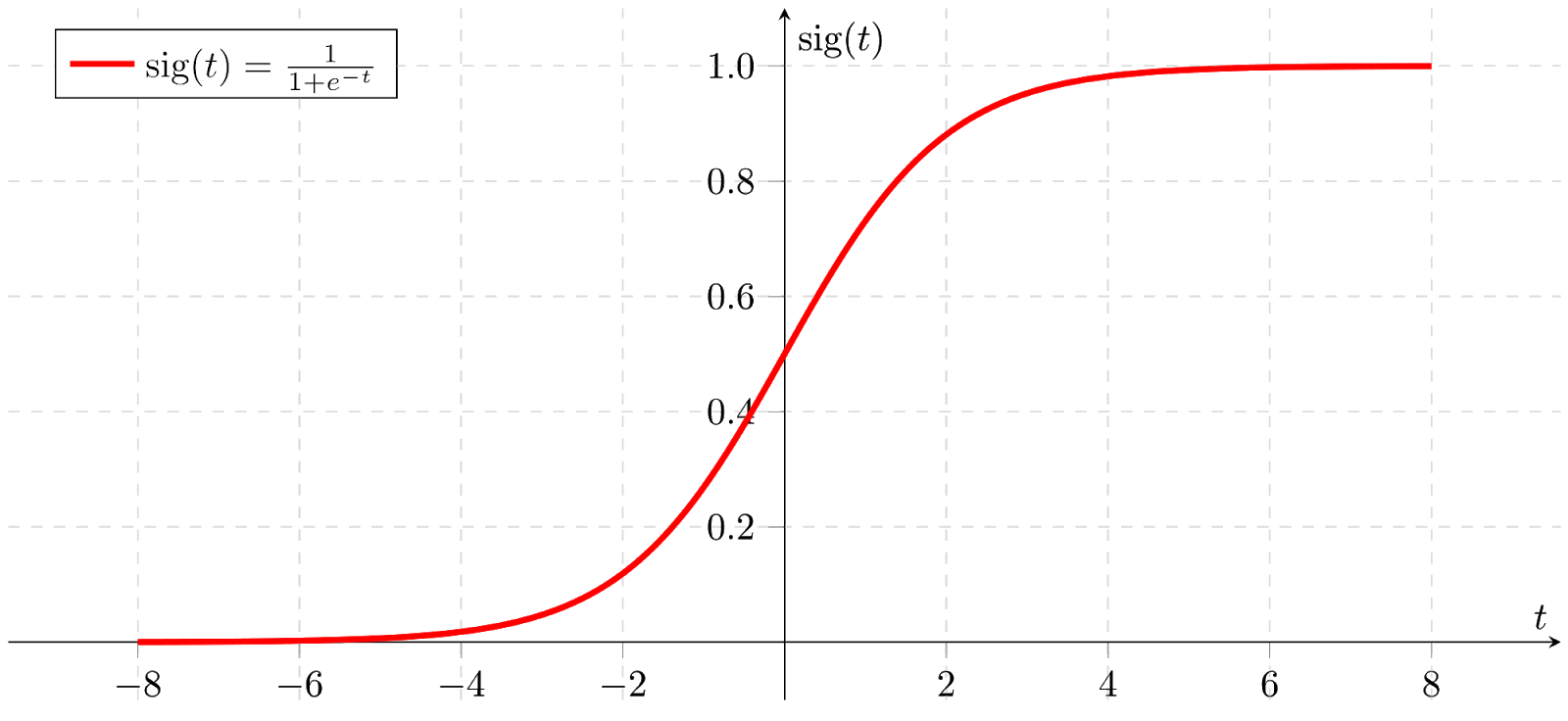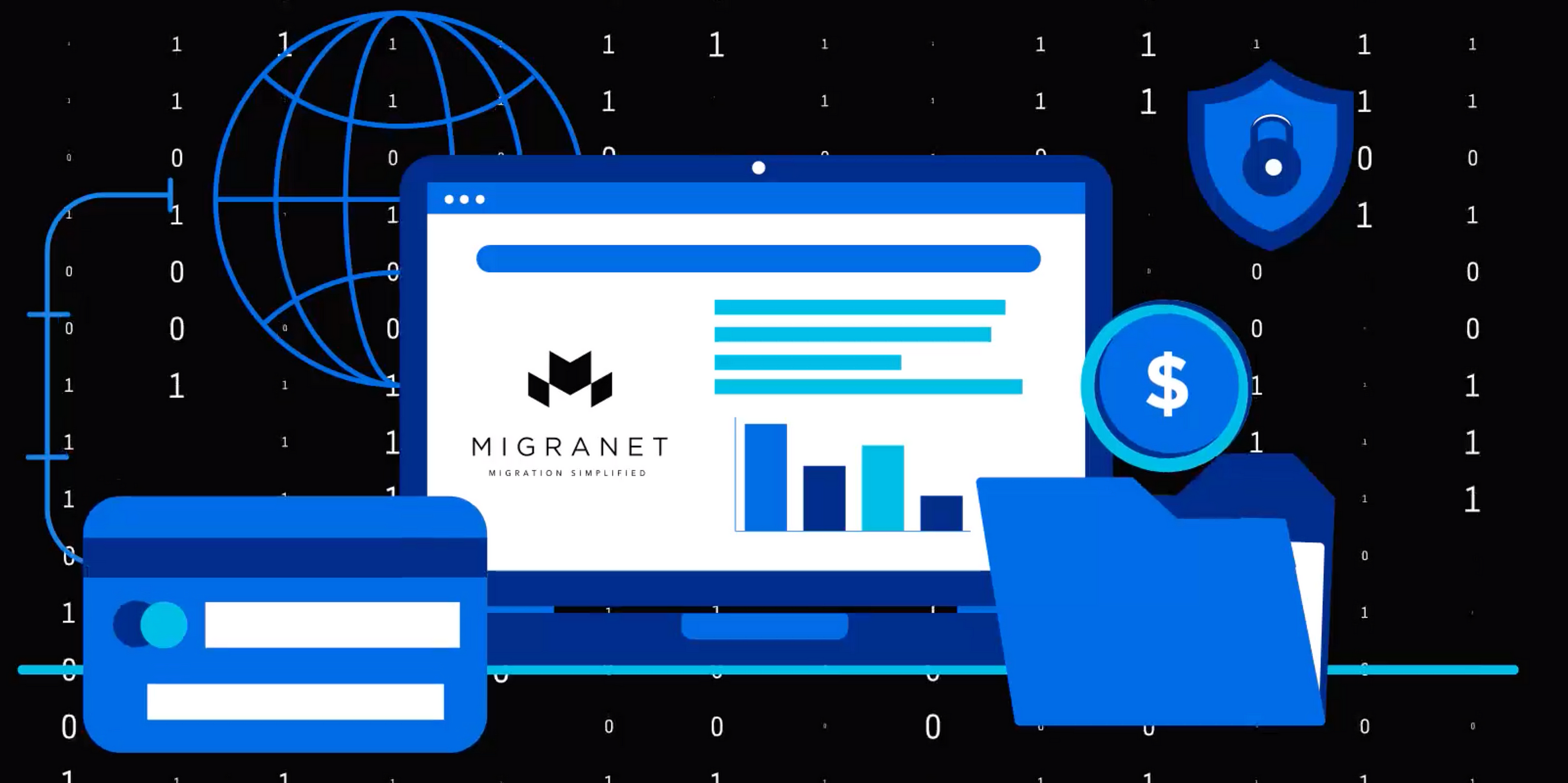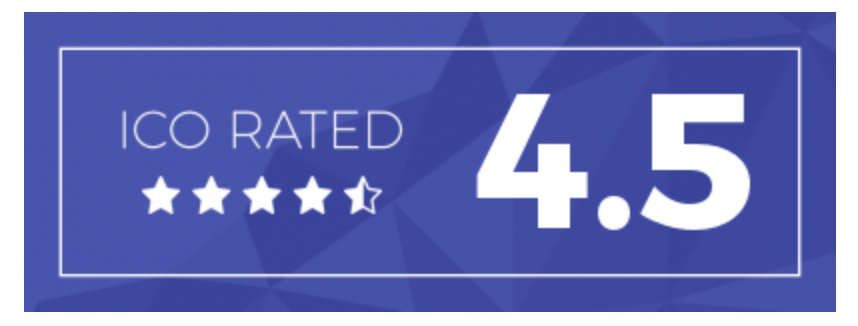Migranet’s Technical Vision
By providing a reliable software layer on top of the immigration process, this project aims to change the way people move around the world forever.
In order to fulfill that goal, Migranet’s main technical challenge will be to develop an expert system (AI) that will issue recommendations and match applicants to the countries where both can benefit the most.
Currently, the Migranet’s team holds a large database of migration cases. The cases will be analyzed and through a process of feature engineering a AI model will be built.
This AI model and its surrounding technologies are expected to evolve as to best suit the requirements that the platform will develop.
In addition to this, the model will be fed reliable and very specific economic data about the countries and locations involved in the immigration process. Thus increasing the accuracy and robustness of the model.
If a petroleum engineer wishes to move to a country where he expects to find a job, but where the labor market is actually not that good. The system will do its best to provide reliable data as to best assist the migrant.
Because of this, Migranet will be obligated to update and sustain a database of migration intelligence full with micro and macroeconomic indicators.
Migranet’s system will provide a chance for people whose documents have been blockchain secured/signed, to get access to its migratory recommendation system.
In addition, the MIG token will provide a way for migrants to acquire said services internationally in a transparent, reliable and secure way.
The infrastructure and deployment of the rest of the platform is fairly straightforward.
It will include a standard cloud-hosted deployment with dot net core on Kubernetes. We will actively avoid using JavaScript in our platform. Whether it specifically uses AWS, GCE or Azure will depend on a scoring of each of the platforms’ offerings corresponding to the needs of our architecture.
We expect adoption of the Migranet platform to follow a sigmoid function. Functions like these have two zones of little change and a slope shifting it from one plateau to another.
While we do not know how steep the slope is going to be, if Migranet is successful we can expect a period of rapid adoption as word-of-mouth propagates and success stories accumulate.
For that reason, our architecture will be oriented to be scalable from day-one. There are many ways of achieving scalability and we will assess them accordingly. As previously stated, the most challenging parts are going to be the ones concerning our expert system; the rest is straightforward to implement.
Migranet’s website will allow people to upload and digitally sign their documents, this signature will be stored on a blockchain where it is safe from tampering in any way. This will partially green-light the application for further verification.
After the verification process is complete, Migranet will issue a verification document which will also be digitally signed and stored on a blockchain. Thus completing the due diligence process needed to continue and fully green-lighting the application.
Once the application is green-lighted, our expert system will extract relevant data from the migrant’s profile and issue the relevant recommendations.
Why not keep this centralized? Why not just store people’s data/signatures in our own servers?
The Migranet Team believes that people should be entitled to their own information, with no vendor lock-ins or walled gardens whatsoever. The platform will provide document signing on the blockchain, not only for that but also as a tough security measure that will dissuade document tampering and forgery.
Said signing will be completely transparent, with a valid proof of date and no need for trusted third-parties. It will be impossible to falsify, verifiable to the last bit because of its cryptographic hash and fully immutable, unable to be changed.
There are several ways to achieve this, with many different technologies. The Migranet team is committed to find the most reliable, efficient and secure way of doing so. Whether it implies smart contracts of any kind or even our own blockchain.
~ Omar Bessa, Project Manager at Migranet




